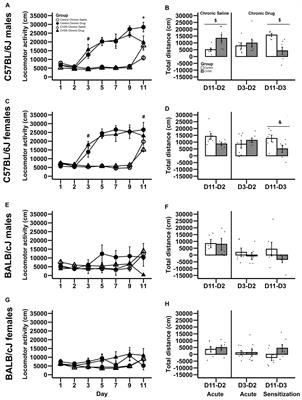EDITORIAL
Published on 05 May 2022
Editorial: The Double Facets of Social Behavior in Drug Addiction
doi 10.3389/fnbeh.2022.907327
- 2,130 views
8,354
Total downloads
42k
Total views and downloads
You will be redirected to our submission process.
EDITORIAL
Published on 05 May 2022
ORIGINAL RESEARCH
Published on 21 Feb 2022
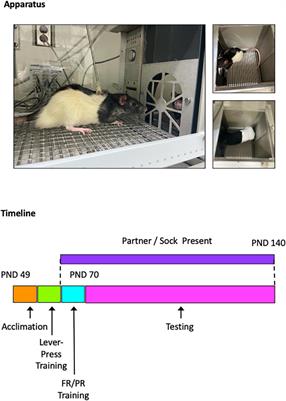
ORIGINAL RESEARCH
Published on 14 Feb 2022
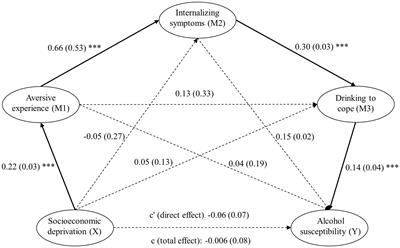
REVIEW
Published on 10 Feb 2022
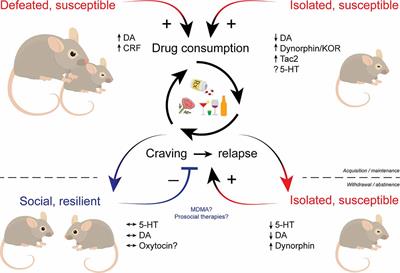
ORIGINAL RESEARCH
Published on 23 Jun 2021

ORIGINAL RESEARCH
Published on 21 Jun 2021
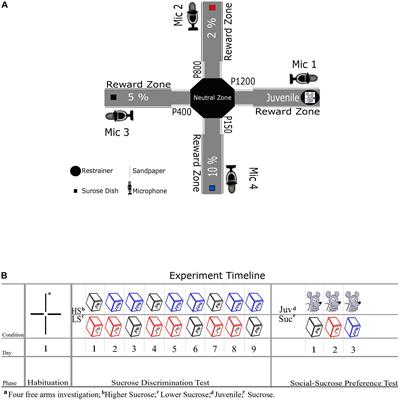
ORIGINAL RESEARCH
Published on 18 Jun 2021

ORIGINAL RESEARCH
Published on 03 Jun 2021
